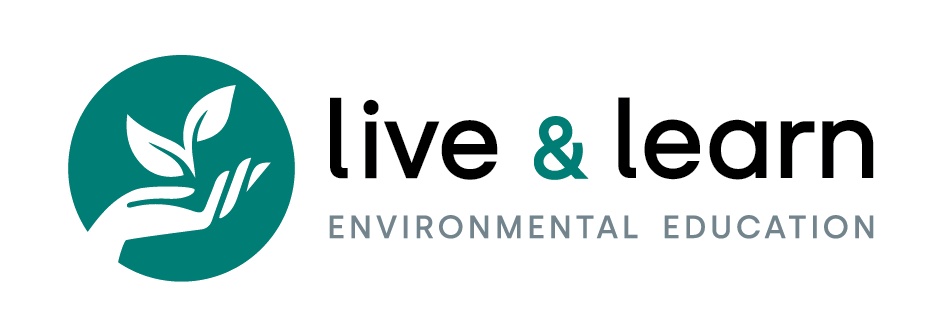Papua New Guinea
Climate change is rapidly transforming life in the Pacific. While Pacific people have adapted to environmental variation for thousands of years, the scale and speed of climate change today presents unique challenges to resilience at…
Read MoreLive & Learn’s response to the COVID-19 crisis has been a natural extension of our strong history of implementing water, sanitation and hygiene projects across the Pacific. Live & Learn has worked alongside communities that have been affected by the pandemic, supporting and expanding national health efforts in
the response to COVID-19.
Safe water, toilets and improved hygiene practices are essential in schools to provide a clean and safe learning environment. Although progress has been made, the sustainability of school water, sanitation and hygiene (WASH) can still prove challenging.
Read MoreAs part of the Resilient WASH in the Islands Region of Papua New Guinea Program, Live & Learn has created and distributed a series of posters and stickers promoting drought preparedness.
Read MoreRead an introduction to Live & Learn’s Climate Resilient Islands. The programme is current in the inception stage and aims to strengthen community resilience to the impacts of climate change through nature-based approaches.
Read MoreThis facilitation guide has been developed for use in the Solomon Islands by women and men, and girls and boys, in communities and schools. The activities in the facilitation guide can be used to strengthen already existing knowledge on menstruation practices.
Read MoreThe Resilient WASH in the Islands Region of Papua New Guinea Program is an Australian aid initiative implemented by Live & Learn Environmental Education in partnership with Plan International on behalf of the Australian Government. …
Read MoreThese climate impact posters are part of a series, which will be used to improve communication with local communities about the threat climate change can pose to water sources.
Read MoreThis project involves multidisciplinary and participatory action research to examine water, sanitation and hygiene (WASH) marketing systems as a way to achieve WASH outcomes for Melanesian communities of the Pacific, in particular informal urban or peri-urban communities.
Read More








